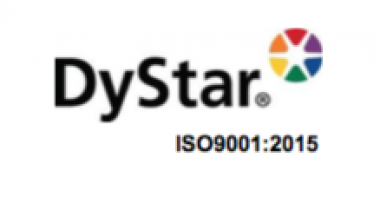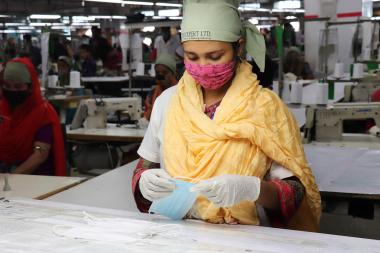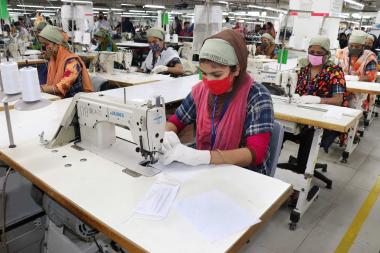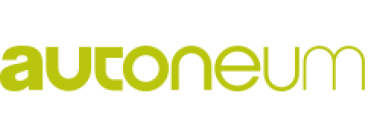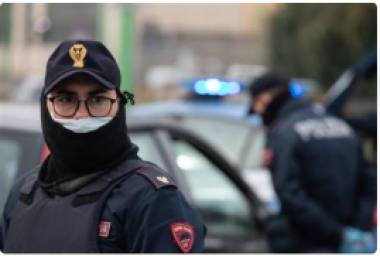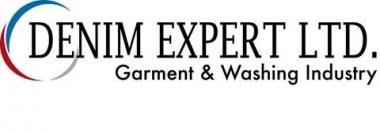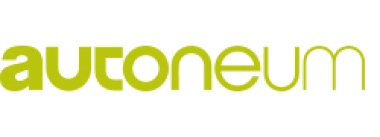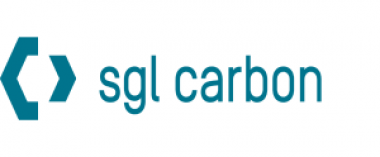DyStar responds to COVID-19
Amid the rapid spread of COVID-19 around the world, DyStar’s global operations continue to adapt to the development of the situation and to mitigate potential risks or impacts across the business. While the trajectory is unknown, DyStar is guided by recommendations from the World Health Organization and the local government authorities, to proactively address situations that could possibly affect our people and customers. This is to ensure that we have effective plans and standard procedures to minimize the disruption of our global operations.
Business Continuity Plan (BCP)
As a globally operating company, each of our operating sites, manufacturing plants, offices have a Business Continuity Plan (BCP) in place to sustain our operations and the supply chains we serve. The BCP, owned by our Business Continuity Management Team, provides clear guidance for all local operations, such as Administration, Customer Services, Finance, Logistics Services, Sales and Technical Support as well as Procurement, to enable all functions to continue operating effectively to serve our customers, distributors and agents.
Emergency Response Plan (ERP)
DyStar’s manufacturing sites are also installed with an Emergency Response Procedure to cover all emergency circumstances, including the COVID-19 pandemic disease. The goal of the emergency response procedure is to mitigate the impact of such events on people and the environment, ensuring operational readiness of the site during an emergency.
As the world adjusts to the impact of the COVID-19 pandemic, DyStar will continue to monitor the situation very closely and will provide updates that adapt to the changing situation. We remain committed to provide our customers with excellent service and to work closely with all our partners throughout this difficult period.
DyStar


